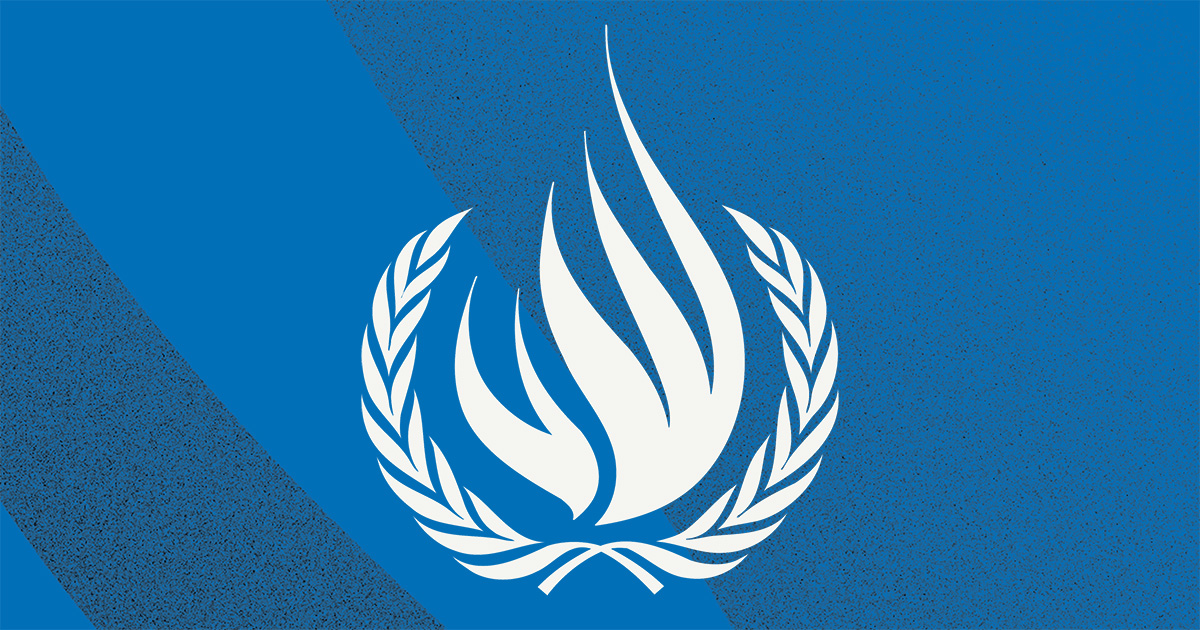
In 1995, I moved to Atlanta with a herd of opportunists, looking to cash in on the tourist crush predicted by organisers of the upcoming Olympics. Like others who continue to be beguiled by the hype, we were destined for disappointment.
Most visitors stayed in remote hotels across the sprawling metropolis, using subways to reach a blighted downtown arena district spruced up for corporate vendors. Few went exploring elsewhere in the broiling summer. I survived by serving noodles to Australian support staff, but because many locals had fled the expected inbound crowds, restaurants and retailers predicting windfall profit burned cash reserves instead.
These sorts of sad stories persist for the modern games, which started as religious events in ancient Greece. Warring city-states observed temporary truces while athletes battled for glory. In 1890, French aristocrat Pierre de Coubertin reinvented them in the name of international goodwill and amateur competition. His noble purpose has been corrupted, distorting sports and urban economies. In today’s digital age, athletes and sponsors like Coca-Cola (KO.N) and McDonald’s (MCD.N) have better options. It’s time to pass the torch.
Far from advancing world peace, the Olympics have become epicentres of recurrent controversy. With the virus persisting and a low national vaccination rate, most Japanese people want the pandemic-delayed 2020 Tokyo games cancelled. Corporate chieftains including SoftBank’s (9984.T) Masayoshi Son have joined the outcry. Yet the International Olympic Committee, focused on selling lucrative broadcast rights internationally, is indifferent.
The tournament also has become a bitter forum for diplomatic passive-aggression. China’s “deradicalization” campaign in Xinjiang has spurred campaigns to skip Beijing’s Winter Games in 2022 on human rights grounds. Efforts to inflate medal counts have led to doping and bribery, which the IOC has failed to contain. State-backed sports industries make a mockery of amateurism.
RUN FOR THE MONEY
Financially speaking, most Olympics are a five-ring circus of white elephants. Construction and security contracts create short-term jobs and growth, but stadiums are notoriously unreliable economic contributors. The unique design requirements render many of the special-purpose venues unusable afterwards.
There are bright spots. South Korea reported a $55 billion surplus from PyeongChang 2018. Barcelona found itself firmly on the global tourist map thanks to the Olympics. As a rule, though, hosting doesn’t pay.
Rio de Janeiro lost $2 billion during its 2016 turn. Utah officials projected the 2002 games would generate the equivalent of 35,000 job-years, but subsequent analyses found no statistically significant employment bump. “When bidding countries are appropriately compared with countries that are otherwise similar but did not bid … the significant Olympic effects on trade, consumption, investment, and income all disappear,” Robert Baade and Victor Matheson wrote in 2016 in the Journal of Economic Perspectives.
As a result, authoritarian regimes fill the host void. All four Western bidders for the 2022 games – Oslo, Munich, Stockholm and Krakow – dropped out under pressure from voters. That left Beijing and Almaty, Kazakhstan.
Commercial returns also warrant closer inspection. The IOC says 28% of the world population watched PyeongChang 2018: 16.2 billion minutes of eyeball time. Divide the $5.7 billion generated from the last winter/summer Olympiad in Sochi and Rio – more than 400 medal events over thousands of hours – and it equals only about $14 million per match. By contrast, the last Super Bowl squeezed out some $500 million from advertisers in about three hours.
The IOC still upholds one Olympic ideal: it distributes no cash prizes. Some governments compensate with bonuses, but professionals – especially from poor countries – factor this into their decisions. Kenyans have recorded 11 of the world’s best 19 marathon times since 1980, according to World Athletics, but have won only three Olympic gold medals in the event. Eliud Kipchoge broke the world record for 26.2 miles in 2018 – at a Berlin meet where he pocketed 120,000 euros.
Some leagues have developed distinct world-level competitions on a par with the Olympics. Soccer’s quadrennial World Cup is one example. The IOC’s preservation of sport with tiny audiences, like the biathlon and dressage, has let rivals like ESPN’s X Games poach younger fans. What’s more, the proliferation of streaming services and their enormous appetites for programming also should make it easier for niche competitions to find viewers and advertisers. The next Simone Biles and Katie Ledecky will be discovered and showcased without the IOC.
Like many multinational organisations, the IOC has struggled to avoid scandal. It also happens to be unusually bad at preventing them from recurring. Attempts to stem the tide of performance-enhancing substances look half-hearted. Against the recommendation of its own anti-doping unit, the governing institution resisted banning Russia for cheating.
Fans look past all these shortcomings to focus instead on the heroic achievements of world-class athletes. That’s understandable, but it enables the IOC to resist reform. There are better options. Instead of cancelling Tokyo or rejecting Beijing, it would be better to boycott the Olympics forever.
Follow @petesweeneypro on Twitter
CONTEXT NEWS
- Japan is considering requiring fans attending the Tokyo Olympics, scheduled to run from July 23 to Aug. 8, to show negative COVID-19 test results or vaccination records, the Yomiuri newspaper reported on May 31.
- The country has extended a state of emergency in Tokyo and other areas until June 20 as the average number of daily infections remains at 35% of peak levels, according to a Reuters Covid-19 tracker. About 5.2% of Japan’s population has been inoculated.
- Foreign spectators have been banned and organisers are expected to decide soon whether Japanese fans will be able to attend the events.
- The International Olympic Committee said in a May 21 statement that “it has become clearer than ever that these Games will be safe for everyone participating and the Japanese people.”












